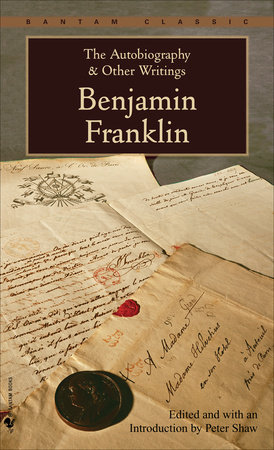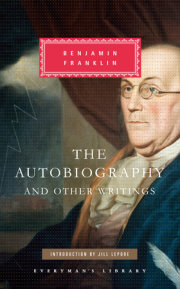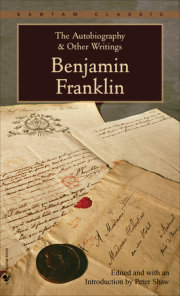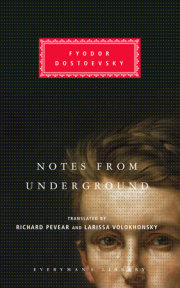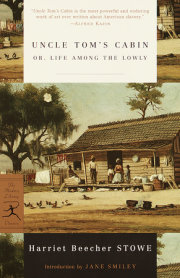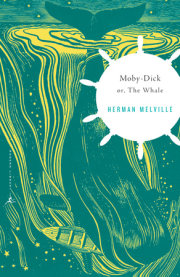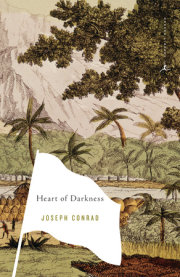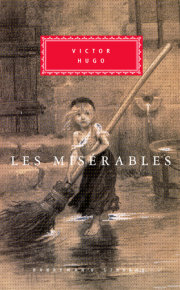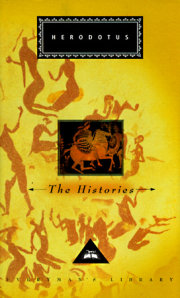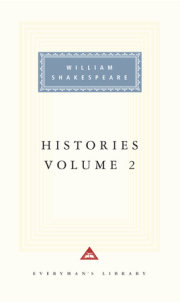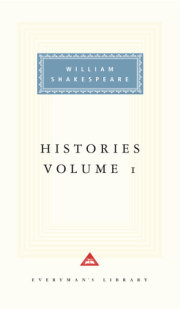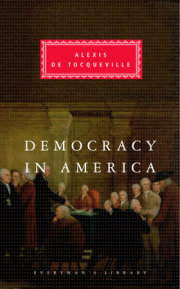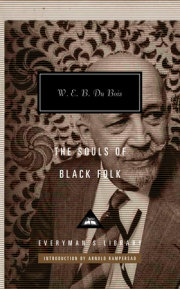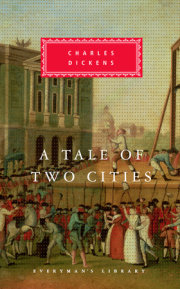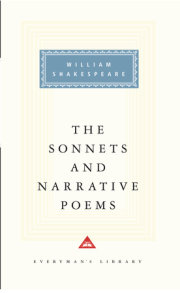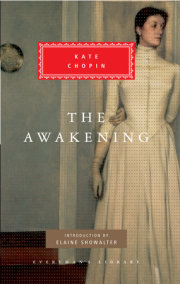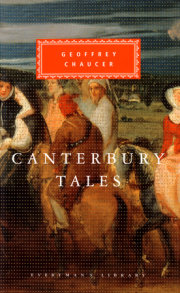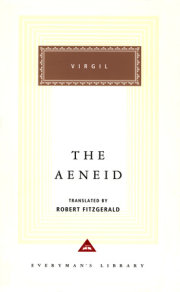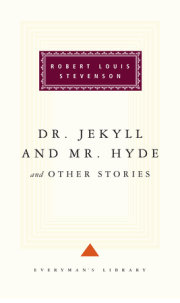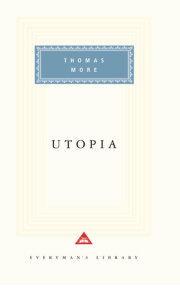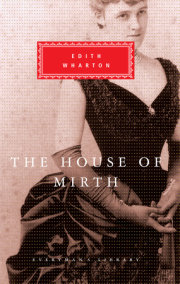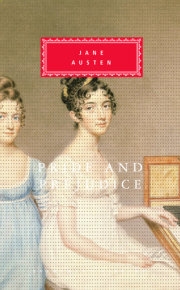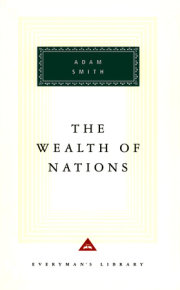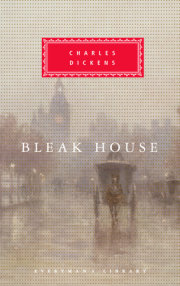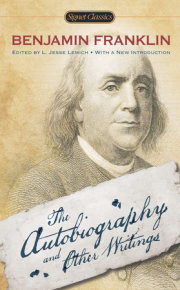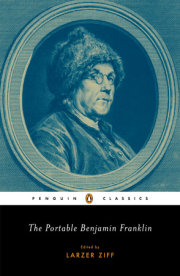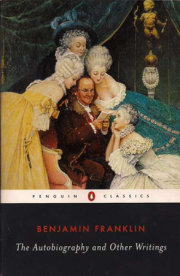Part One
Twyford, at the Bishop of St. Asaph's, 1771.Dear son:
I have ever had pleasure in obtaining any little anecdotes of my ancestors. You may remember the inquiries I made among the remains of my relations when you were with me in England, and the journey I undertook for that purpose. Imagining it may be equally agreeable to you to know the circumstances of my life, many of which you are yet unacquainted with, and expecting the enjoyment of a week's uninterrupted leisure in my present country retirement, I sit down to write them for you. To which I have besides some other inducements. Having emerged from the poverty and obscurity in which I was born and bred, to a state of affluence and some degree of reputation in the world, and having gone so far through life with a considerable share of felicity, the conducing means I made use of, which with the blessing of God so well succeeded, my posterity may like to know, as they may find some of them suitable to their own situations, and therefore fit to be imitated.
That felicity, when I reflected on it, has induced me sometimes to say, that were it offered to my choice, I should have no objection to a repetition of the same life from its beginning, only asking the advantages authors have in a second edition to correct some faults of the first. So I might, besides correcting the faults, change some sinister accidents and events of it for others more favorable. But though this were denied, I should still accept the offer. Since such a repetition is not to be expected, the next thing most like living one's life over again seems to be a recollection of that life, and to make that recollection as durable as possible by putting it down in writing.
Hereby, too, I shall indulge the inclination so natural in old men, to be talking of themselves and their own past actions; and I shall indulge it without being tiresome to others, who, through respect to age, might conceive themselves obliged to give me a hearing, since this may be read or not as any one pleases. And, lastly (I may as well confess it, since my denial of it will be believed by nobody), perhaps I shall a good deal gratify my own vanity. Indeed, I scarce ever heard or saw the introductory words, Without vanity I may say, etc., but some vain thing immediately followed. Most people dislike vanity in others, whatever share they have of it themselves; but I give it fair quarter wherever I meet with it, being persuaded that it is often productive of good to the possessor, and to others that are within his sphere of action; and therefore, in many cases, it would not be altogether absurd if a man were to thank God for his vanity among the other comforts of life.
And now I speak of thanking God, I desire with all humility to acknowledge that I owe the mentioned happiness of my past life to His kind providence, which led me to the means I used and gave them success. My belief of this induces me to hope, though I must not presume, that the same goodness will still be exercised toward me, in continuing that happiness, or enabling me to bear a fatal reverse, which I may experience as others have done; the complexion of my future fortune being known to Him only in whose power it is to bless to us even our afflictions.
The notes of one of my uncles (who had the same kind of curiosity in collecting family anecdotes) once put into my hands furnished me with several particulars relating to our ancestors. From these notes I learned that the family had lived in the same village, Ecton, in Northamptonshire, for three hundred years, and how much longer he knew not (perhaps from the time when the name of Franklin, that before was the name of an order of people, was assumed by them as a surname when others took surnames all over the kingdom),* on a freehold of about thirty acres, aided by the smith's business, which had continued in the family till his time, the eldest son being always bred to that business, a custom which he and my father followed as to their eldest sons. When I searched the registers at Ecton, I found an account of their births, marriages, and burials, from the year 1555 only, there being no registers kept in that parish at any time preceding. By that register, I perceived that I was the youngest son of the youngest son for five generations back. My grandfather Thomas, who was born in 1598, lived at Ecton till he grew too old to follow business longer, when he went to live with his son John, a dyer at Banbury, in Oxfordshire, with whom my father served an apprenticeship. There my grandfather died and lies buried. We saw his gravestone in 1758. His eldest son Thomas lived in the house at Ecton, and left it with the land to his only child, a daughter, who, with her husband, one Richard Fisher, of Wellingborough, sold it to Mr. Isted, now lord of the manor there. My grandfather had four sons that grew up, viz.: Thomas, John, Benjamin, and Josiah. I will give you what account I can of them at this distance from my papers, and if these are not lost in my absence, you will among them find many more particulars.
Thomas was bred a smith under his father, but being ingenious, and encouraged in learning (as all my brothers were) by an Esquire Palmer, then the principal gentleman in that parish, he qualified himself for the business of scrivener,* became a considerable man in the county, was a chief mover of all public-spirited undertakings for the county or town of Northampton, and his own village, of which many instances were related of him, and much taken notice of and patronized by the then Lord Halifax. He died in 1702, January 6, old style, just four years to a day before I was born. The account we received of his life and character from some old people at Ecton, I remember, struck you as something extraordinary, from its similarity to what you knew of mine. "Had he died on the same day," you said, "one might have supposed a transmigration."
John was bred a dyer, I believe, of woolens. Benjamin was bred a silk dyer, serving an apprenticeship at London. He was an ingenious man. I remember him well, for, when I was a boy, he came over to my father in Boston, and lived in the house with us some years. He lived to a great age. His grandson, Samuel Franklin, now lives in Boston. He left behind him two quarto volumes. MS., of his own poetry, consisting of little occasional pieces addressed to his friends and relations, of which the following, sent to me, is a specimen.* He had formed a shorthand of his own, which he taught me, but, never practicing it, I have now forgot it. I was named after this uncle, there being a particular affection between him and my father. He was very pious, a great attender of sermons of the best preachers, which he took down in his shorthand, and had with him many volumes of them. He was also much of a politician; too much, perhaps, for his station. There fell lately into my hands in London a collection he had made of all the principal pamphlets relating to public affairs, from 1641 to 1717; many of the volumes are wanting, as appears by the numbering, but there still remain eight volumes in folio, and twenty-four in quarto and in octavo. A dealer in old books met with them, and knowing me by my sometimes buying of him, he brought them to me. It seems my uncle must have left them here when he went to America, which was above fifty years since. There are many of his notes in the margins.
This obscure family of ours was early in the Reformation, and continued Protestants through the reign of Queen Mary, when they were sometimes in danger of trouble on account of their zeal against popery. They had got an English Bible, and to conceal and secure it, it was fastened open with tapes under and within the cover of a joint-stool.* When my great-great-grandfather read it to his family, he turned up the joint-stool upon his knees, turning over the leaves then under the tapes. One of the children stood at the door to give notice if he saw the apparitor coming, who was an officer of the spiritual court. In that case the stool was turned down again upon its feet, when the Bible remained concealed under it as before. This anecdote I had from my uncle Benjamin. The family continued all of the Church of England till about the end of Charles the Second's reign, when some of the ministers that had been outed for nonconformity, holding conventicles* in Northamptonshire, Benjamin and Josiah adhered to them, and so continued all their lives: the rest of the family remained with the Episcopal Church.
Josiah, my father, married young, and carried his wife with three children into New England, about 1682. The conventicles having been forbidden by law, and frequently disturbed, induced some considerable men of his acquaintance to remove to that country, and he was prevailed with to accompany them thither, where they expected to enjoy their mode of religion with freedom. By the same wife he had four children more; born there, and by a second wife ten more, in all seventeen; of which I remember thirteen sitting at one time at his table, who all grew up to be men and women, and married; I was the youngest son, and the youngest child but two, and was born in Boston, New England. My mother, the second wife, was Abiah Folger, daughter of Peter Folger, one of the first settlers of New England, of whom honorable mention is made by Cotton Mather, in his church history of that country entitled Magnalia Christi Americana, as "a godly, learned Englishman," if I remember the words rightly. I have heard that he wrote sundry small occasional pieces, but only one of them was printed, which I saw now many years since. It was written in 1675, in the homespun verse of that time and people, and addressed to those then concerned in the government there. It was in favor of liberty of conscience, and in behalf of the Baptists, Quakers, and other sectaries that had been under persecution, ascribing the Indian wars, and other distresses that had befallen the country, to that persecution, as so many judgments of God to punish so heinous an offense, and exhorting a repeal of those uncharitable laws. The whole appeared to me as written with a good deal of decent plainness and manly freedom. The six concluding lines I remember, though I have forgotten the two first of the stanza; but the purport of them was, that his censures proceeded from good will, and therefore he would be known to be the author.
Because to be a libeler (says he)
I hate it with my heart;
From Sherburne town,* where now I dwell
My name I do put here;
Without offense your real friend,
It is Peter Folgier.
My elder brothers were all put apprentices to different trades. I was put to the grammar school at eight years of age, my father intending to devote me, as the tithe of his sons, to the service of the Church. My early readiness in learning to read (which must have been very early, as I do not remember when I could not read), and the opinion of all his friends, that I should certainly make a good scholar, encouraged him in this purpose of his. My uncle Benjamin, too, approved of it, and proposed to give me all his shorthand volumes of sermons, I suppose as a stock to set up with, if I would learn his character. I continued, however, at the grammar school not quite one year, though in that time I had risen gradually from the middle of the class of that year to be the head of it, and further was removed into the next class above it, in order to go with that into the third at the end of the year. But my father, in the meantime, from a view of the expense of a college education, which having so large a family he could not well afford, and the mean living many so educated were afterward able to obtain—reasons that he gave to his friends in my hearing—altered his first intention, took me from the grammar school, and sent me to a school for writing and arithmetic, kept by a then famous man, Mr. George Brownell, very successful in his profession generally, and that by mild, encouraging methods. Under him I acquired fair writing pretty soon, but I failed in the arithmetic, and made no progress in it. At ten years old I was taken home to assist my father in his business, which was that of a tallow chandler and soap boiler; a business he was not bred to, but had assumed on his arrival in New England, and on finding his dying trade would not maintain his family, being in little request. Accordingly, I was employed in cutting wick for the candles, filling the dipping mold and the molds for cast candles, attending the shop, going of errands, etc.
I disliked the trade, and had a strong inclination for the sea, but my father declared against it; however, living near the water, I was much in and about it, learned early to swim well, and to manage boats; and when in a boat or canoe with other boys, I was commonly allowed to govern, especially in any case of difficulty; and upon other occasions I was generally a leader among the boys, and sometimes led them into scrapes, of which I will mention one instance, as it shows an early projecting public spirit, though not then justly conducted.
There was a salt marsh that bounded part of the millpond, on the edge of which, at high water, we used to stand to fish for minnows. By much trampling, we had made it a mere quagmire. My proposal was to build a wharf there fit for us to stand upon, and I showed my comrades a large heap of stones, which were intended for a new house near the marsh, and which would very well suit our purpose. Accordingly, in the evening, when the workmen were gone, I assembled a number of my playfellows, and working with them diligently like so many emmets,* sometimes two or three to a stone, we brought them all away and built our little wharf. The next morning the workmen were surprised at missing the stones, which were found in our wharf. Inquiry was made after the removers; we were discovered and complained of; several of us were corrected by our fathers; and, though I pleaded the usefulness of the work, mine convinced me that nothing was useful which was not honest.
Copyright © 1982 by Benjamin Franklin. All rights reserved. No part of this excerpt may be reproduced or reprinted without permission in writing from the publisher.

